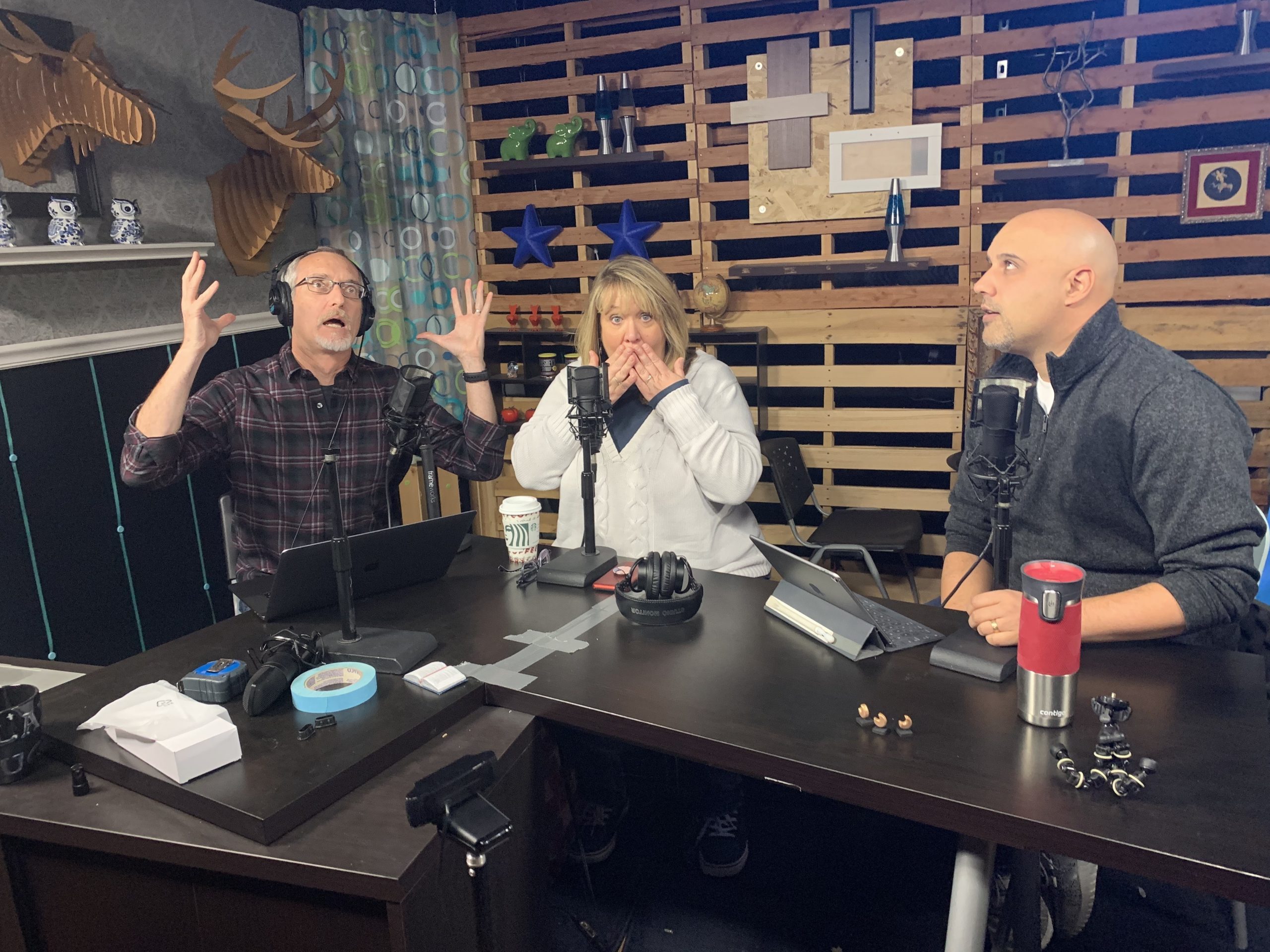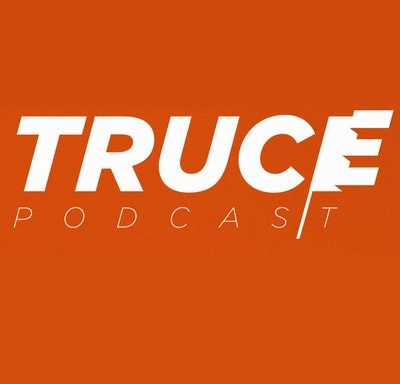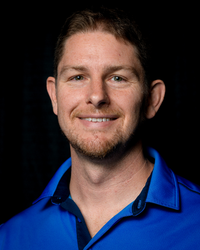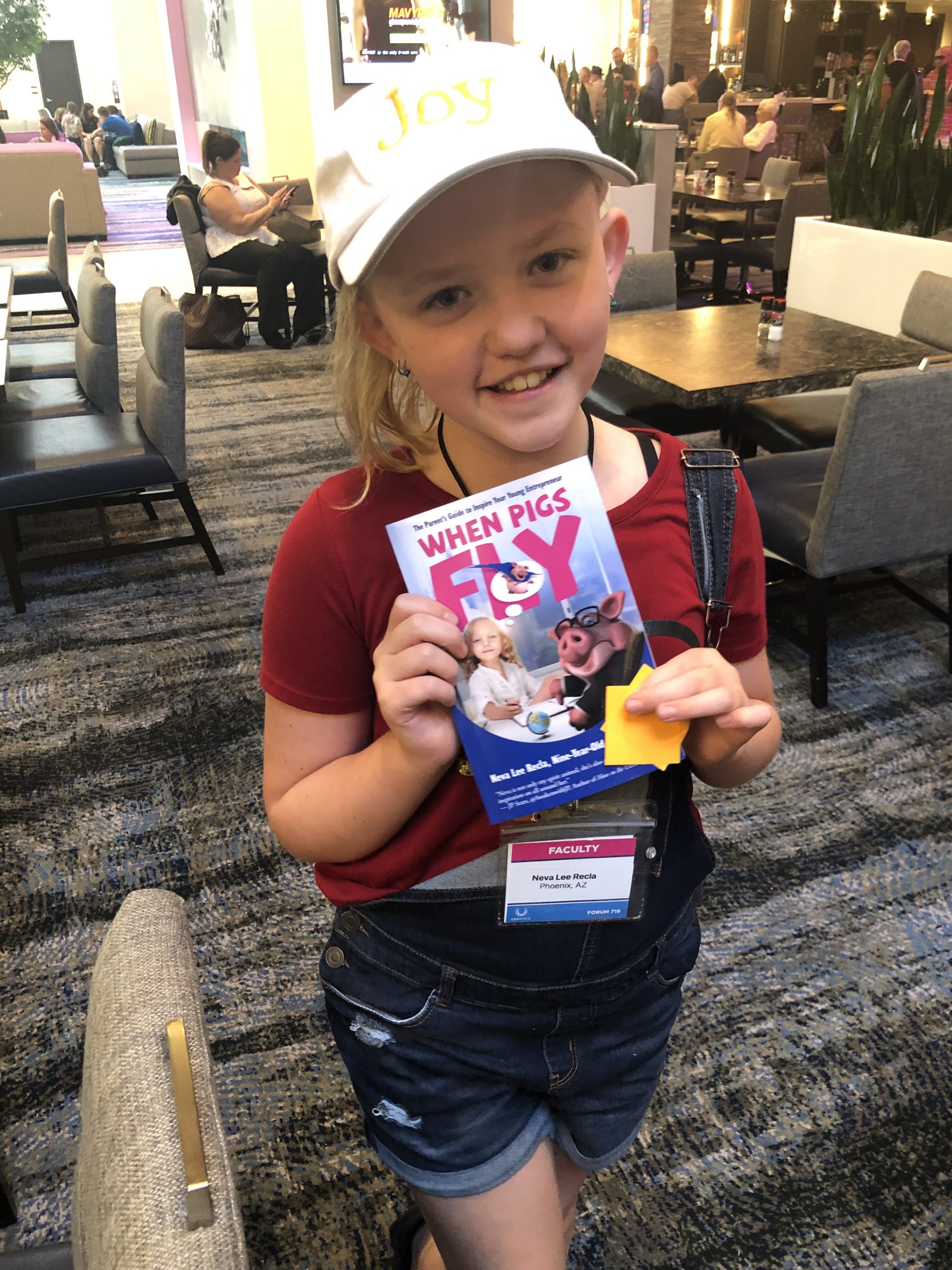The ability to impersonate voices is a skill you either have or don’t.
What happens when that ability ends up giving you a much bigger voice?
Phil Vischer started mimicking voices as a young child while watching Sesame Street. As far back as he can remember, it’s something he’s just always done… even in the office.
“I’m a mimic,” Vischer self describes. “For some reason, I have a versatile voice. You can practice it, but if you don’t have it, you can’t make it. That’s one of the ways God made me special. Or, I lucked out in some genetic lottery.”
Vischer grew up in the small town of Muscatine, Iowa. In first grade, he got into trouble for being “a wise guy.” Vischer’s mom showed the teacher some of his drawings, and as a reward for shaping up, she let him decorate a board in the room. “I realized that not everyone likes the things I like, nor can everyone do them,” Vischer reflects.
Vischer’s dad, a marketing director for a tire company, often brought all kinds of gadgets home. While his brother and sister were interested in other things, Vischer was fascinated by one of those treasures—a reel-to-reel camera. At the age of nine, he used it to create a stop motion film.
Then, he discovered his grandfather (vice president of his dad’s tire company) purchased a Super 8 recorder. He asked if he could borrow it for a while.
“I had it for 10 years and animated everything,” Vischer says with a chuckle.
Toward the end of middle school, Vischer’s parents divorced, and the family moved across the river to Glen Ellyn, Illinois—a Chicago suburb.
But before that, they took one last trip together to Disneyland, which earned the theme park special status in Vischer’s heart and mind.
“That memory of seeing Disney for the first time with my intact family… that’s the place where things are what they ought to be,” Vischer reflects.
Vischer now knows this idealized version of Disney is childhood naiveté. But “Disney was my source of creativity as a kid,” he remembers.
Disney also served as inspiration, and eventually, Vischer set out to create his own empire. He started Big Idea Productions, and then, the much beloved VeggieTales series, which explores Christian values through Bible stories. Many of Vischer’s voices are featured in the series, and when Vischer shared his first episode with his colleagues at the time, they instantly recognized them, because he had been using them around the office.
The show was a hit, and the company grew.
Vischer soon learned that success is a two-sided coin. On the one hand, VeggieTales was popular. On the other, demand for more videos became overwhelming. He tried to pivot from short cartoons to movies. His advisors reminded him that business relationships depended on his content. In the pre-streaming world, retailers wanted to sell VeggieTales DVDs.
He tried to remedy the problem by borrowing enough money to produce videos and movies. To be successful, “everything had to work,” he says.
“I’m building the next Disney, and I’m doing it for God,” Vischer thought. “If this is good for God, he’ll make sure it works.”
It was not long before Vischer learned that neither movies nor God work that way, because not everything worked.
The movie ran over budget, and Vischer had to find a creative way to finance the rest of the project. He settled on changing distributors. The previous distributor was not thrilled and took Big Idea to court. Big Idea lost the first round, but won on appeal.
Still, the damage was done—Vischer declared bankruptcy and sold the company.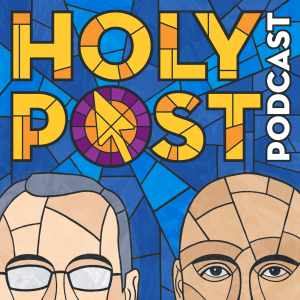
The experience forced him to reconsider his faith. “Something must be wrong with my theology,” he remembers contemplating.
“According to my theology, if I’m being good, doing good, and working hard, God will show up and make sure my stuff goes well. When that didn’t happen, I had to reexamine what I believed about God and the deal we have.”
He realized that his vision to be the “Christian Walt Disney” was a dream, not a calling. “I was doing something God never asked me to do,” he reflects.
The lesson learned? Vischer needed to ask God and wait for direction. At that point, he surrendered his dream, but gained trust in God. “I lost VeggieTales in 2003, and believe it or not, I haven’t gone hungry.”
Great things often spring from the ashes of lost good things.
Driving to work, Vischer used to listen to NPR and imagined a talk show that would consider current events from a Christian perspective. He filmed four episodes and decided to share the audio as a podcast—The Phil Vischer Podcast—to repurpose the content.
The talk show was a lot of work, but the podcast stuck. He invited his friends Skye Jethani and Christian Taylor to join him, and they have produced episodes weekly ever since. Episodes start with a song by Vischer that will remind VeggieTales fans of Silly Songs with Larry, complete with ukulele. The conversation often starts with a discussion about weird news, including a recurring segment called “Butt News,” which features rear-end stories that somehow see the light of day.
Vischer is still having fun.
And now, he is once again making waves with video. In one, he shared information about the effects of racism in the United States. It was popular, but hard to share because of its length. Vischer decided to pare down the 90-minute audio conversation into a 17-minute video. Within two days, it had a million views.
Vischer intends to make more videos from podcast content, like the one he recently released about the differences between Christian fundamentalism, modernism, and Evangelical Christianity. For many Evangelicals who feel politically, religiously, and theologically homeless after the last four years, Vischer’s videos lead the way forward in thoughtful engagement of culture.
His show, now renamed the Holy Post Podcast, and videos serve by helping people make sense of culture from a Christian perspective.
Vischer may not have become the new Walt Disney… but he has become the voice of reason for many Christians.


